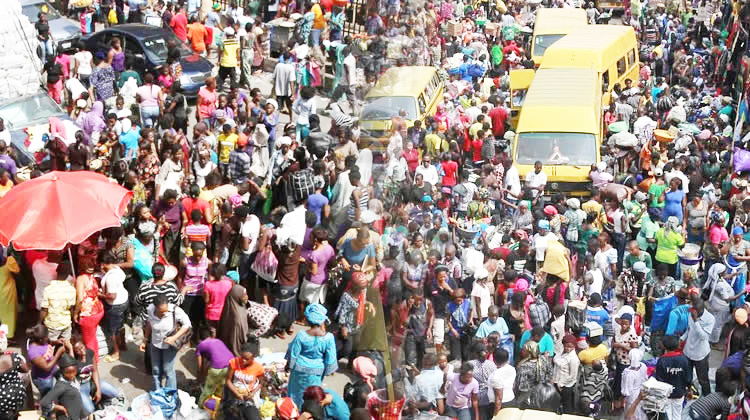During a recent conversation, a colleague and friend expressed regret that he wasn’t trained in air-conditioning repair. And before I could even ask why, he explained that heating and air-conditioning repair is a lucrative field (in shores far away from Nigeria). It was a skill that could have ensured him a life abroad, he explained.
It reminded me of another chat with another friend who is not from the benighted field that pays my bills. During a random discussion on politics, he abruptly mentioned he was looking at options abroad – which, loosely translated, meant that he was looking for destinations which offered easy residency rules and where passports are easy to acquire. And as he told me this, he suggested I look at fellowships abroad.
During a casual dinner conversation, a female friend said she was thankful she and her husband did not have children. Her husband sitting next to her didn’t disagree.
A secondary school classmate of mine recently spent a couple of days at hospital for the birth of his child and came back to tell story after story of what those around him were saying. The language was rather colourful, he said, and no one was spared. According to him, there was anger enough that some were willing to commit violence against those they held responsible.
The stories are unending; every conversation these days is either about dealing with expenses or the absence of hope. It is hard to find anyone who still remains optimistic about the future. And many of these are the crazy, optimistic lot who were young once but confident about making a good life for themselves in Nigeria – once upon a time. With those who perhaps never had the luxury to make such choices, there is only anger and quiet despair.
Admittedly, around me it could be an age or class thing. Those I interact with tend to be the most vocal about how their quality of life has been adversely affected. Or it could be a midlife crisis – many of us are there, I realise. I looked further up the food chain — only to be told that many businessmen too were now speaking of moving money and family elsewhere.
No one I asked disagreed that the sense of despondency is more pervasive this year. This includes politicians from parties in power and out.
It has to be conceded that Nigerians have never been a sunny lot with stars in their eyes. In fact, it has always intrigued many that as a people we tend to be rather critical of our state and pessimistic of our chances of success – which I have written about more than once. There are no definite answers as to why but one could guess that it is linked to our long bouts of There are no definite answers as to why but one could guess that it is linked to our long bouts of authoritarianism in which so much of our policymaking was carried out by so few; the lack of a say in policies, politics, identity, seems to have translated into a perpetual sense of self-loathing and incessant criticism.
Despite this being a national pastime, the feeling in the last three years appears unprecedented. And it is far more widespread.
Much of this is due to economic instability and fragility. It seems as if in our cycles of boom and bust, the latter are growing longer and more intense while the former are even more fleeting. And with external shocks (present and expected) being what they are, the only prediction in town is of worse to come.
More than that, however, the sense of despair and hopelessness stems from the behaviour of those in charge and those contending for the hot seat. None of them are interested in, or don’t understand the need for, meaningful change. The politicians are too busy wanting to win power while ensuring the other is eliminated. And the establishment is also living in the 1990s, foraging for dollar flows and planning to manufacture consent.
Between the country’s sets of political leaders – those in power and those preparing to take over in 2023, there is no indication whatsoever that they want to fix anything. If you are in doubt, all you need do is get someone to help you do a critical analysis of the state of our socio-economic indices or listen to analysis dissect the 2023 budget proposal that Mr President recently presented at the National Assembly.
How this entire leadership or ruling elite – call it what you will – can ignore the mood of the populace is mind-boggling. As a politician pointed out, the people are so angry and so alienated they tend to support any party which espouses an anti-establishment slogan. This was APC in 2015 and the PDP or LP now, and yet there are no alarm bells ringing (especially in Rome). This perhaps is another reason for the pervasive anger or hopelessness; for if there was a section of the population which once saw a certain player as the saviour, set apart from the politicians, this is no longer the case.
Is it even possible for those at the top to have a dialogue about this, instead of droning on about ‘who did what or who can do what’ processes, which is their code word for continuing the blame game and harping on ‘democracy’, another code word for winning power for themselves? And before it gets too late.





